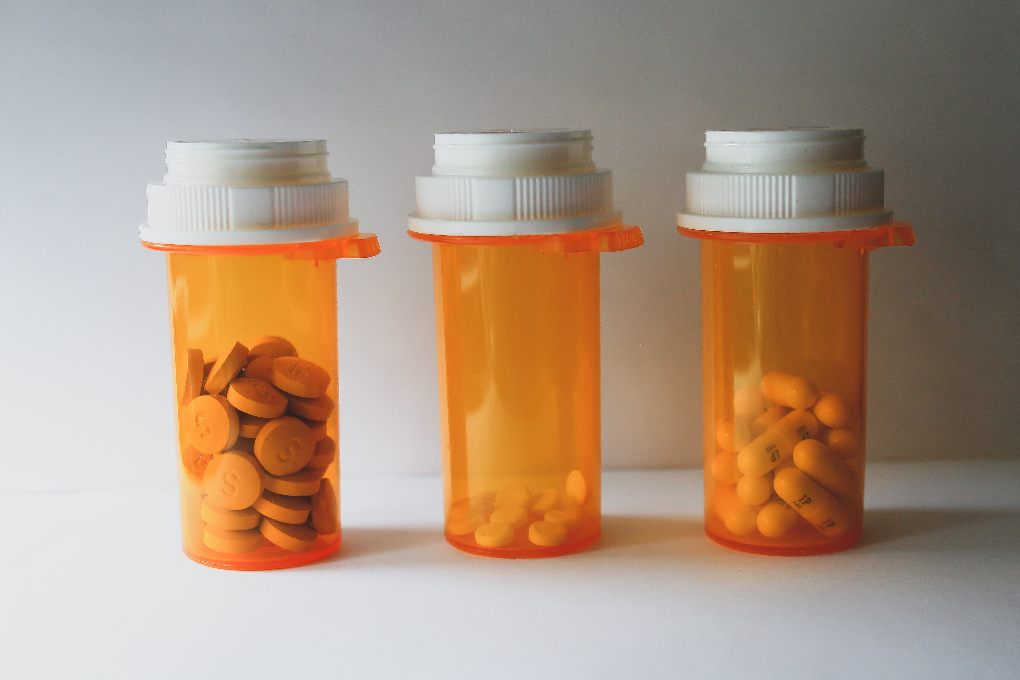From hydroxychloroquine* to immunity boosters, people have been stocking up on medicines in quarantine. And with that comes a greater responsibility of storing these drugs with precaution. Unfortunately, many people continue to ignore the fine print on packaging. Improper storage of medicines not only affects their potency but it may also be downright dangerous. Consuming degraded medicines can potentially lead to poisoning. So, here are some things to bear in mind for safely preserving them.
Expiry dates
Different drugs have different life spans. So it’s important to always check their ‘best before’ dates. For instance, eye and ear drops have a shelf life of only a few weeks after opening. Liquids typically have a shorter life span than tablets or capsules. Some signs of damaged medicines include appearing dull, leaky, soggy, or clumped together. But don’t just go by their external appearance. Even if your medicines look and smell fine, do discard them if they’re past their expiry dates.
Temperature control
Some medicines can expire or become unstable before their mentioned expiry date when stored incorrectly. This is because heat, light, air, and humidity can affect the volatility and effectiveness of medicines. Whether at home or during travel, always place your medicine boxes in a cool (temperature not exceeding 25-30°C), dry place and away from direct sunlight.
Certain products like inhalers and aerosol sprays may even explode if stored at high temperatures. Insulins and injectables are particularly temperature sensitive and have to be refrigerated. This means that putting them in the freezer will also damage them. Ideally, keep them in the lowest shelf of your fridge or a separate fridge if you have one.
Medical devices like thermometers should also be properly kept in air-tight protective cases and away from heat. Always choose digital thermometers over glass thermometers as they’re more accurate and safer to store. Also, avoid keeping medicines in a kitchen or bathroom cabinet as that can expose them to steam and heat.
Keep out of reach of young children
The last thing you want is your toddler to be playing with your thermometer or ingesting one of your pills. Even your daily vitamins should be kept away from children. Make sure that your medicine cupboard is at a height and that you lock all the containers and bottles properly.
Careful buying
Whether online or at a physical pharmacy, only buy medicines from registered and trusted vendors. With the supply chain getting affected in the pandemic, you stand a greater risk of buying old or resold medicines. When shopping online, be particular about delivery times and inspect the expiry date and quality on arrival.
Disposing of Medicines
Last but not the least, make it a habit to regularly organise, label and declutter your medicine cabinet. Try to return expired medications at medication collection drives ideally or in sealed and taped over bags in the garbage (away from children and pets), rather than flushing them in the toilet where they may spoil the water supply.
If you have questions regarding medication storage, contact your local pharmacist for questions.
Learn More with Veera Health
To make the most out of your medications, it is important to store it well. Reading the storage conditions of each medication is important so that you can make an informed decision. At Veera Health, we are here to bust common myths, deliver science-backed content that is verified by doctors so that you can access trust worthy information about health and health conditions to live your best life!
Reviewed By Dr. Shailly Prasad, MD, MBA, Resident Physician, Obstetrics & Gynecology.
*Current studies through the NIH have shown that Hydroxychloroquine is not effective at treating COVID-19 and it is NOT recommend as a therapy option at the time of this publication.
Disclaimer: Content on Veera is provided for informational purposes only and is not intended as medical advice or as a substitute for medical advice given by a physician or trained professional.
Sources:[1] Guidelines on packaging for pharmaceutical products (Rep. No. 902). World Health Organization (2002). https://www.who.int/medicines/areas/quality_safety/quality_assurance/GuidelinesPackagingPharmaceuticalProductsTRS902Annex9.pdf?ua=1 (Accessed Jul 16, 2020).[2] Walton, A. G. (2011, September 13). Https://www.theatlantic.com/health/archive/2011/09/why-you-should-never-store-medications-at-high-temperatures/245011/. Why You Should Never Store Medications at High Temperatures.[3] Mayo Clinic Staff. (2018, September 15). Thermometers: Understand the options. Retrieved July 16, 2020, from https://www.mayoclinic.org/diseases-conditions/fever/in-depth/thermometers/art-20046737


















